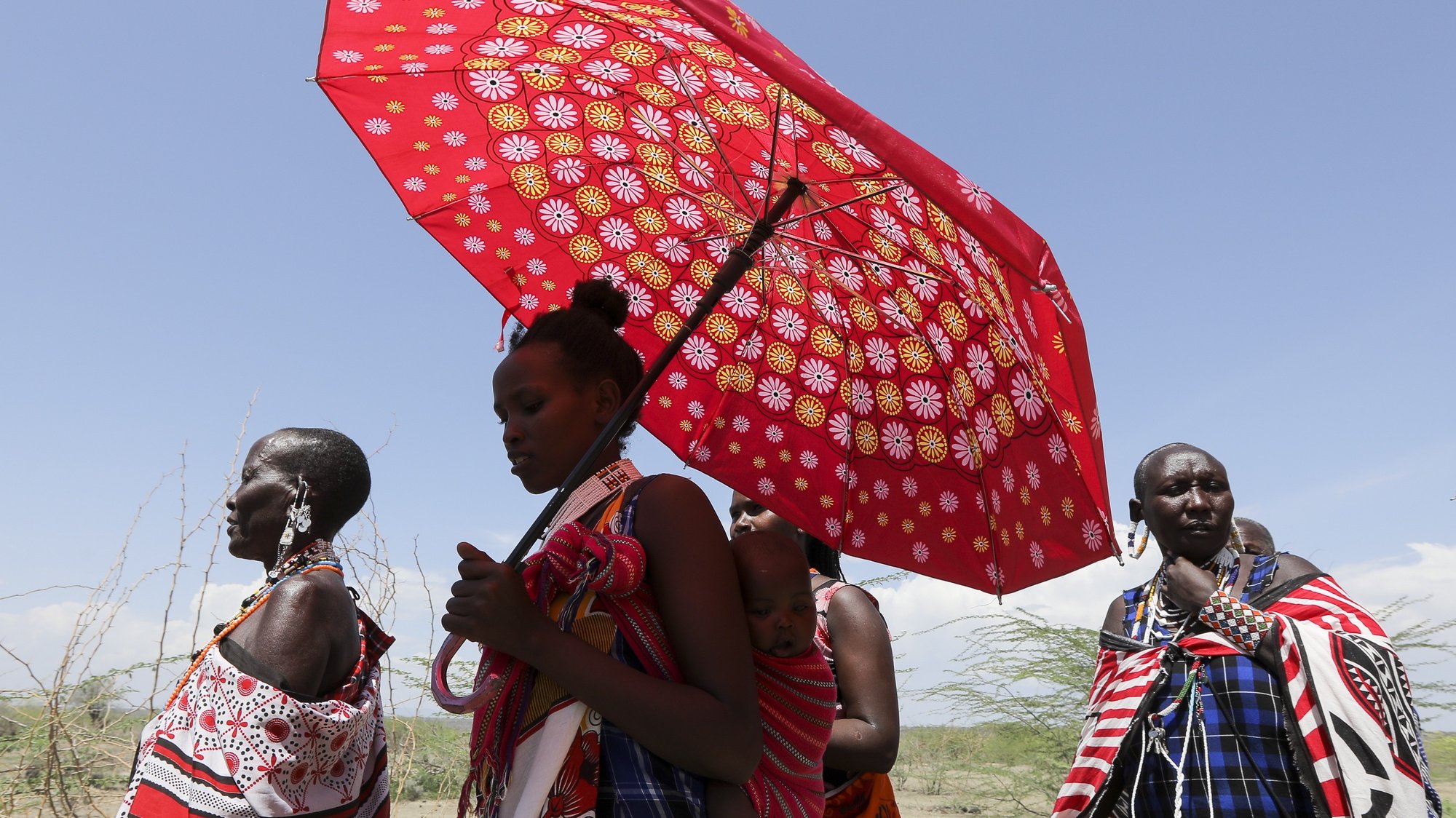Healthy life expectancy in Africa has grown by 10 years in the last decade, outpacing the global average and progress in any other region over that period, the World Health Organization (WHO) Africa office announced on Thursday.
Healthy life expectancy in the region “increased almost 10 years, standing at 56 years in 2019compared to 46 years in the year 2000,” said Lindiwe Makubalo, WHO deputy regional director for Africa, citing the new WHO report on the state of health in Africa.
EITHER gain exceeds average global healthy life expectancywhich increased five years over the same period, Lindiwe Makubalo said, attributing this increase to better essential health services, better coverage of health services, reproductive and maternal health, and health services to combat infectious diseases.
We certainly have a lot to do and it looks like we are ready to move forward together,” Lindiwe said, warning that life expectancy in the African region is still below the world average of 64 years.
“Unless countries strengthen and make greater investments in developing health systems, as well as implementing effective recovery plans, these gains in life expectancy can easily be lost,” he continued, warning that the COVID-19 pandemic Covid-19 19, which has had “greater disruptions” to essential health services in Africa compared to other regions, may also affect estimates of healthy life expectancy for the continent.
Health systems across the continent have been overwhelmed, not only by the covid-19 pandemic, but also by other disease outbreaks such as monkeypox, cholera and Lassa fever.
Countries like Nigeria, the continent’s most populous nation, are battling up to five such outbreaks.
To improve health systems beyond pre-pandemic levels and achieve “quality, equitable and accessible services for all,” an important step would be to boost public health financing, Makubalo said, noting that only seven countries in the region finance more than half of their annual national spending on health.
One example of countries making great strides is Botswana, where universal health coverage is “the cornerstone of our development and our response or approach to delivering health care in the country,” according to Moses Kitele of the Ministry of Health. from Botswana Health.
We have made some progress towards universal health coverage, particularly in terms of minimizing financial hardship,” Kitele said during the online meeting, citing a recent WHO-funded study showing that less than 1% of households in Botswana face catastrophic health expenses associated with health care.
A similar feat could be replicated in other parts of the continent, Makubalo said.
The WHO report on the State of Health in Africa “gives us an opportunity to reflect on where we are and the progress that has been made,” he added.
We cannot be complacent, there is much to be done, especially in the post-Covid-19 period,” Makubalo said.
Source: Observadora
